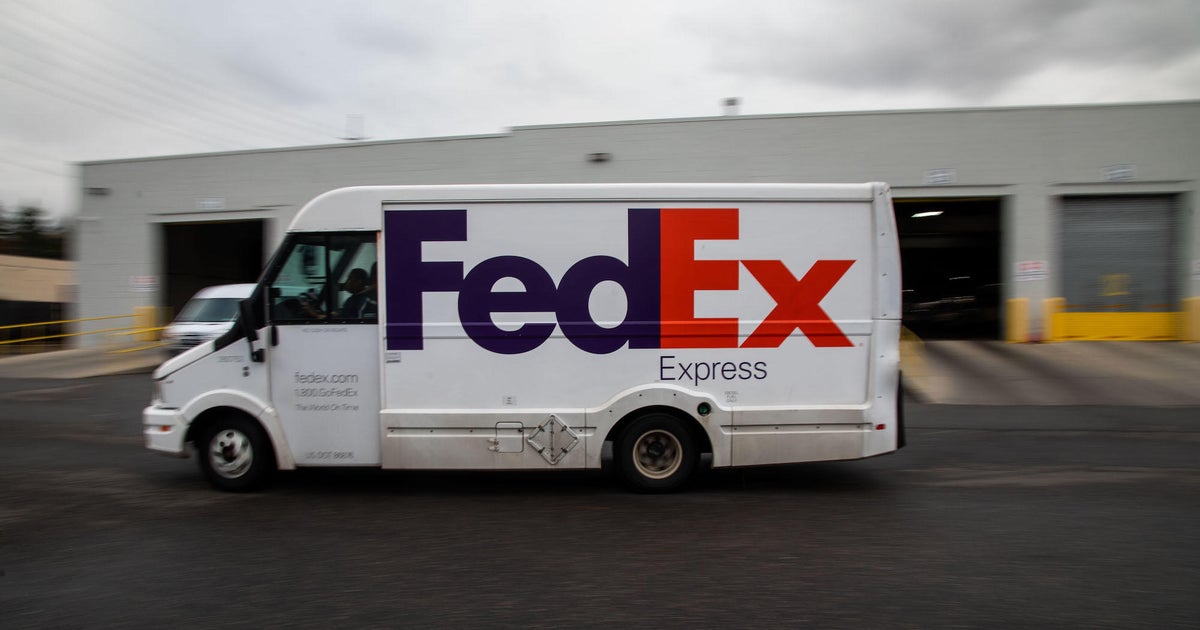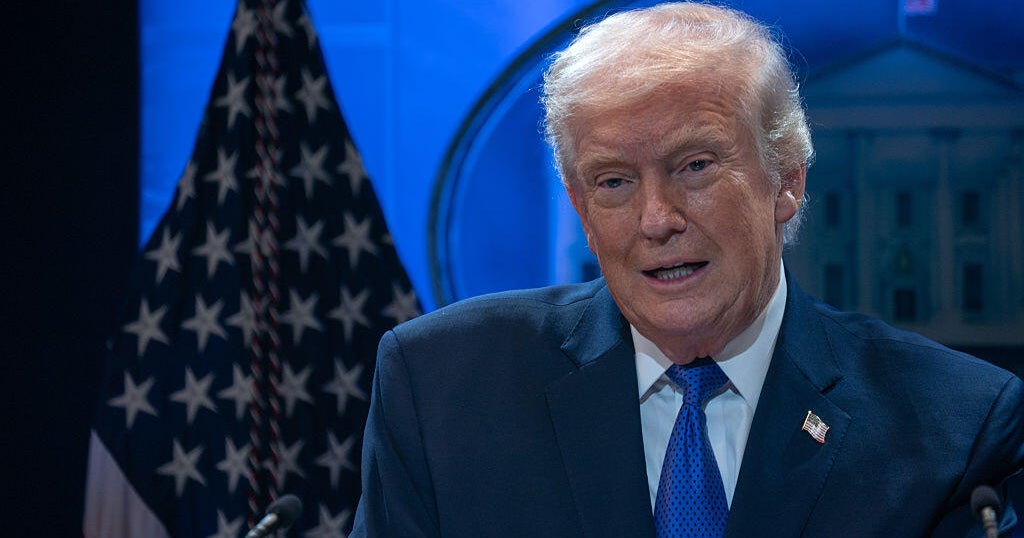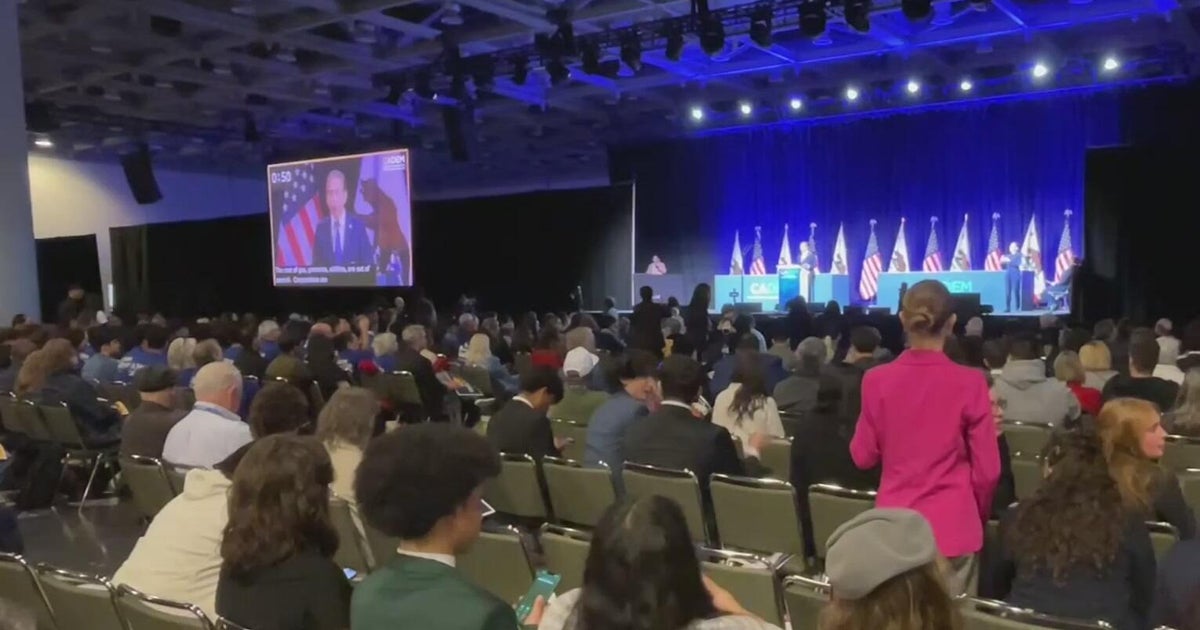Senate Near Kavanaugh Approval After Epic Struggle
WASHINGTON (AP) -- Democrats and demonstrators vented rage and resistance but the Senate rolled toward approving Brett Kavanaugh's Supreme Court nomination Saturday as President Donald Trump and Republicans approached an election-season triumph in the most electrifying confirmation battle in years.
Capping a venomous struggle that transfixed Americans when it veered into claims that Kavanaugh sexually assaulted women in the 1980s and his fierce denials, the 53-year-old conservative's nomination was on track for afternoon approval. He seemed certain to win by a slender two votes in a near party-line roll call.
Trump weighed in Saturday morning on behalf of the man he nominated in July and who as justice would tilt the court rightward, possibly for decades. "Big day for America!" he tweeted.
Democrats paraded to a nearly empty Senate chamber overnight to lambast the nominee. They said he'd push the court farther right, including possible sympathetic rulings for Trump. And they said his record and fuming testimony at a now famous Senate Judiciary Committee hearing showed he lacked the fairness, temperament and even honesty to become a justice.
But the fight was defined by sexual assault accusations, especially Christine Blasey Ford's allegation that a drunken Kavanaugh tried raping her at a 1982 high school gathering. Kavanaugh vehemently denied all those claims.
All but one Republican lined up behind him, arguing that a truncated FBI investigation turned up no corroborating witnesses and that Kavanaugh had sterling credentials for the court. Exactly one month from elections in which House and Senate control are in play, Democrats tried making sure that female voters were paying attention.
"Republicans are saying: your voices just don't matter," Sen. Patty Murray, D-Wash., said Saturday. "Your experiences, your trauma, your pain, your heartache, your anger — none of that matters. Their message is, 'we don't have to listen. We don't have to care. Sit down and be quiet.'"
As she spoke, several hundred anti-Kavanaugh demonstrators chanted on the lawn between the Capitol and the Supreme Court. "We believe survivors," they yelled. Protesters have roamed Capitol Hill corridors and grounds daily, raising anxieties and underscoring the passions the nomination fight has aroused.
On Friday, announcements of support by Republican Susan Collins of Maine and Democrat Joe Manchin of West Virginia made Saturday's confirmation vote an anticlimactic formality. That roll call will end a contest fought against the backdrop of the #MeToo movement and Trump's unyielding support of his nominee.
Republicans control the Senate by a meager 51-49.
Kavanaugh's expected two-vote victory in itself underscored how unusually divisive his nomination fight has been. It would be the closest roll call to confirm a justice since 1881, when Stanley Matthews was approved by 24-23, according to Senate records.
In the moment that made clear Kavanaugh would prevail, Collins delivered a speech saying that Ford's Judiciary Committee telling of the alleged 1982 assault was "sincere, painful and compelling." But Collins said the FBI had found no corroborating evidence from witnesses whose names Ford had provided.
"We must always remember that it is when passions are most inflamed that fairness is most in jeopardy," said Collins, perhaps the chamber's most moderate Republican.
Manchin used an emailed statement to announce his support for Kavanaugh moments after Collins finished talking. Manchin, the only Democrat supporting the nominee, faces a competitive re-election race next month in a state Trump carried in 2016 by 42 percentage points.
Manchin expressed empathy for sexual assault victims. But he said that after factoring in the FBI report, "I have found Judge Kavanaugh to be a qualified jurist who will follow the Constitution."
Republican Lisa Murkowski of Alaska, a fellow moderate and a friend of Collins, became the only Republican to say she opposed Kavanaugh. She said on the Senate floor Friday evening that Kavanaugh is "a good man" but his "appearance of impropriety has become unavoidable."
In a twist, Murkowski said she will state her opposition but vote "present" as a courtesy to Kavanaugh supporter Sen. Steve Daines, R-Mont., who is attending his daughter's wedding in Montana. That procedure lets a senator offset another's absence without affecting the outcome, and will allow Kavanaugh to win by the same two-vote margin he'd have received had both lawmakers voted.
Sen. Jeff Flake, R-Ariz., who has repeatedly battled Trump and will retire in January, said he'd vote for Kavanaugh's confirmation "unless something big changes."
Vice President Mike Pence planned to be available Saturday in case his tie-breaking vote was needed, which now seems unlikely.
In a procedural vote Friday that handed Republicans an initial victory, senators voted 51-49 to limit debate, defeating Democratic efforts to scuttle the nomination with endless delays.
When Trump nominated Kavanaugh in July, Democrats leapt to oppose him, saying that past statements and opinions showed he'd be a threat to the Roe v. Wade case that assured the right to abortion. They said he also seemed ready to rule for Trump if federal authorities probing his 2016 campaign's connections to Russia try to pursue him in court.
Yet Kavanaugh's pathway to confirmation seemed unfettered until Ford and two other women emerged with sexual misconduct allegations from the 1980s.
Kavanaugh would replace the retired Justice Anthony Kennedy, who was a swing vote on issues such as abortion, campaign finance and same-sex marriage.
© Copyright 2018 Associated Press. All Rights Reserved. This material may not be published, broadcast, rewritten or redistributed







